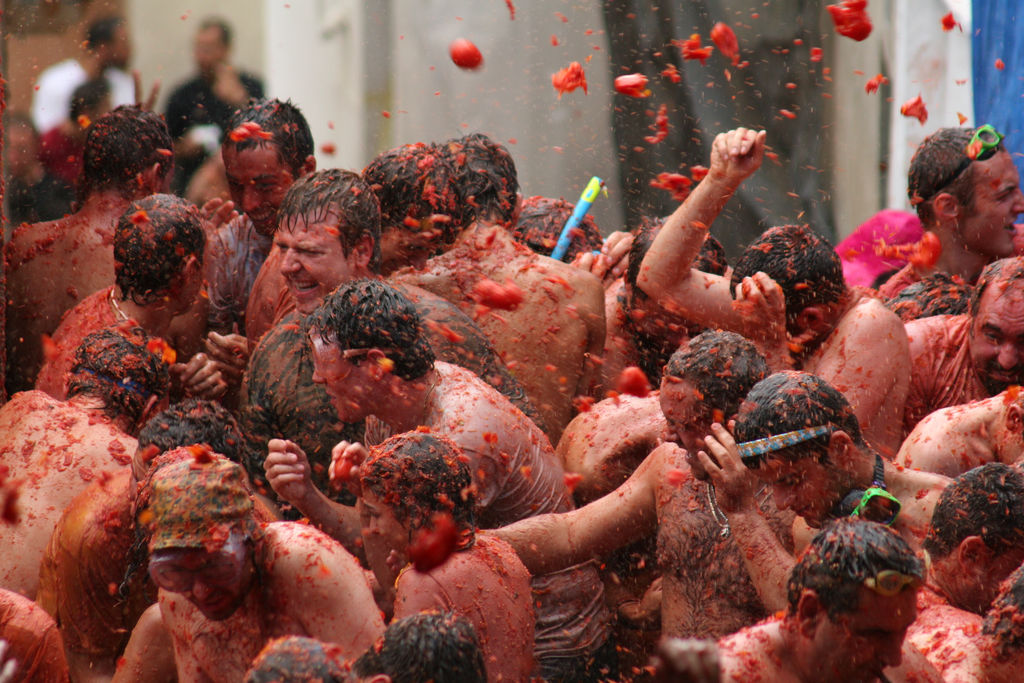
Casino bid in Taunton spurs tribal turf fight
2 Wampanoag groups claim ties to Taunton
By Mark Arsenault Globe Staff
April 16, 2012
In choosing Taunton for a proposed tribal casino, the Mashpee Wampanoag figured they had the ideal location: close to the population center of Greater Boston, and yet still within Southeastern Massachusetts, where the state’s new gambling law favors an Indian casino.
But now another tribe, the Pocasset Wampanoag of Fall River, is accusing the Mashpee of migrating too far off Cape Cod and elbowing into what was historically Pocasset land.
“To reservation-shop in somebody else’s ancestral territory? That’s just ridiculous,’’ said Daryl Black Eagle Jamieson, Pocasset vice chairman. “Back in the day there’d be war if you come into somebody else’s land. Right? We’d fight over stuff like that.’’
The dispute could add a new snag to the Mashpee’s already complicated pursuit of an Indian casino.
Before the Mashpee, federally recognized in 2007, can build in Taunton, the federal government must take land there into trust on behalf of the tribe, which removes the land from local tax rolls and essentially converts it to Indian land. Tribes must document historical connections to the land to win approval.
“There is no question this [dispute between the tribes] has the potential to really complicate the entire issue for the Mashpee,’’ said former congressman Richard Pombo, a California Republican who chaired the US House Committee on Natural Resources, which oversees tribal issues. “It’s no longer a clean land-in-trust issue if other tribes are claiming that area.’’
The Pocasset - which is pursuing recognition as a federally recognized tribe - intends to file objections to the Mashpee’s land-in-trust application, disputing the Mashpee’s claims of historic connections to the land, according to Pocasset chairman George Spring Buffalo. The Pocasset’s historical consultant has produced a 200-page paper disputing the Mashpee’s connection to the Taunton area. The document, reading at times like a political opposition research memo, says the Mashpee’s historic lands are on the Cape.
The Mashpee tribe dismissed the assertion in a statement.
“The Mashpee Wampanoag Tribe’s historical connection to Taunton as well as all of Southeastern Massachusetts is well documented,’’ said chairman Cedric Cromwell.
Buffalo’s response: “Prove it. I’ve never known you being related to me.’’
Unraveling tribal histories hundreds of years in the past is a daunting research task, said professor Daniel R. Mandell, a specialist in Native American history at Truman State University in Kirksville, Mo.
“The question becomes even more complex when you look at the large-scale immigration going into Mashpee in the 18th and 19th centuries,’’ he said. “People were going to Mashpee from various other Indian communities around New England.
“You’re going to have claims resting on kinship - cousins and uncles and aunts and families - that connect past and present, and one place to another place,’’ he said. “They’re all connected in various ways. It tends to be a matter of how you define your tribal territory or your communal territory. There’s no easy answer.’’
Even if the Mashpee document historic ties to Taunton, a political or legal dispute between tribes could cause years of delay in the land-in-trust process necessary for the development of a tribal casino, Pombo said.
“The Bureau of Indian Affairs is extremely slow under the best of circumstances,’’ he said. “With anything that’s complicated or political they tend to just pull back, and that would make it difficult for the Mashpee.’’
Pombo wrote to Governor Deval Patrick in March to say it was unlikely the Mashpee could overcome legal obstacles to getting land into trust. Pombo’s widely circulated letter recommended that the state cooperate with a consortium of local tribes to build one tribally-owned commercial casino in the southeast.
The Pocasset tribe, with more than 200 members, according to its leaders, favors Pombo’s idea.
“That’s really the only way things are going to get done, if all the natives in a group do something together,’’ said Jamieson.
Buffalo said “anywhere from six to 10 tribes’’ would probably want to participate in a joint casino, which, he said, may be the only way to restrict the southeast region to just one gaming resort.
“If by some miracle the Mashpee does get a casino, our federal recognition is coming down the street,’’ he said, adding his tribe could pursue an Indian casino under US law even if state officials did not want another one.
Cromwell’s statement did not address whether the Mashpee would consider sharing a casino with tribes that have not earned federal recognition and therefore lack the right to pursue their own gambling facilities.
The state’s other federally recognized tribe, the Wampanoag Tribe of Aquinnah, on Martha’s Vineyard, is pursuing a casino in greater Fall River, though the Aquinnah’s right to host gambling is in question due to language in a 1980s settlement of a land dispute on the Vineyard.
The Pocasset also object to the Aquinnah pursuing gambling in the disputed territory.
The Aquinnah declined to comment.



No comments:
Post a Comment